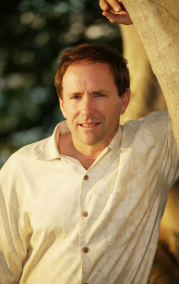Do Not Feed The Eels
The ponds at Makaiwa Bay-Makaha Maintenance and Renewal
One early morning last week, on our early morning walk-and-talk, we noticed Oscar and crew disassembling the water sluiceways used to regulate fish and water flow in and out of the oceanfront pond at Makaiwa Bay. It was a super low tide caused by the Summer solstice event on June 20th, producing very high tides and super-low water levels on low tide. I can only suppose that the crew’s morning cleaning and renovation activities were planned for this low-tide event, evidenced by the numerous and rarely exposed rocks, making it easier to remove the wooden poles and small boulders that compose the Makaha.
These Makaha are natural filters that regulate the fish size and water that surge gently through these gaps in the fish pond wall. The primary Makaha has a secondary, perforated gate between this natural sieve of sticks and boulders and the pond itself. This gate is 15′ away or so and can be raised and lowered using a rope and pulley, creating an area just behind the sea wall and where we frequently see green eels and pufferfish swimming.
A sign posted above this secondary gate clearly states, “DO NOT FEED THE EELS,” and we know why. A few years back, a neighbor told us his daughter was walking over the fish pond wall and reached over into this area, with left-overs from lunch to feed the fish, and was greeted by eels leaping out of the water to snatch the food right out of her hands. He told us she had been bitten badly by the eel, and we had no doubt this was true knowing the many sharp teeth in the mouth of these beautiful fish.
We asked Oscar what type of sticks he had harvested to replace the warn ones, and he responded, “Waiwi” or Vivi. He said it’s a species of Guava that grows in upland forests along the Hamakua Coast and grows straight to receive sunlight filtered by the taller trees. He told us the Guava produced is small and yellow or red.
They also had a cordless drill with a tiny boat propeller they used to drive the sand out toward the sea from the inner gated area and were raking the small rocks, thus completing the clean-up effort. Oscar is a fixture around the ponds. I believe he’s been on staff with either Mauna Lani Hotel owners or Mauna Lani Resort Association for many years. He’s a great protector of these ancient ponds ensuring the barracuda don’t increase by constantly fishing them out. We just observed Oscar and the crew completing another critical task in keeping the gift of our beautiful ponds functioning for all of us to enjoy.














